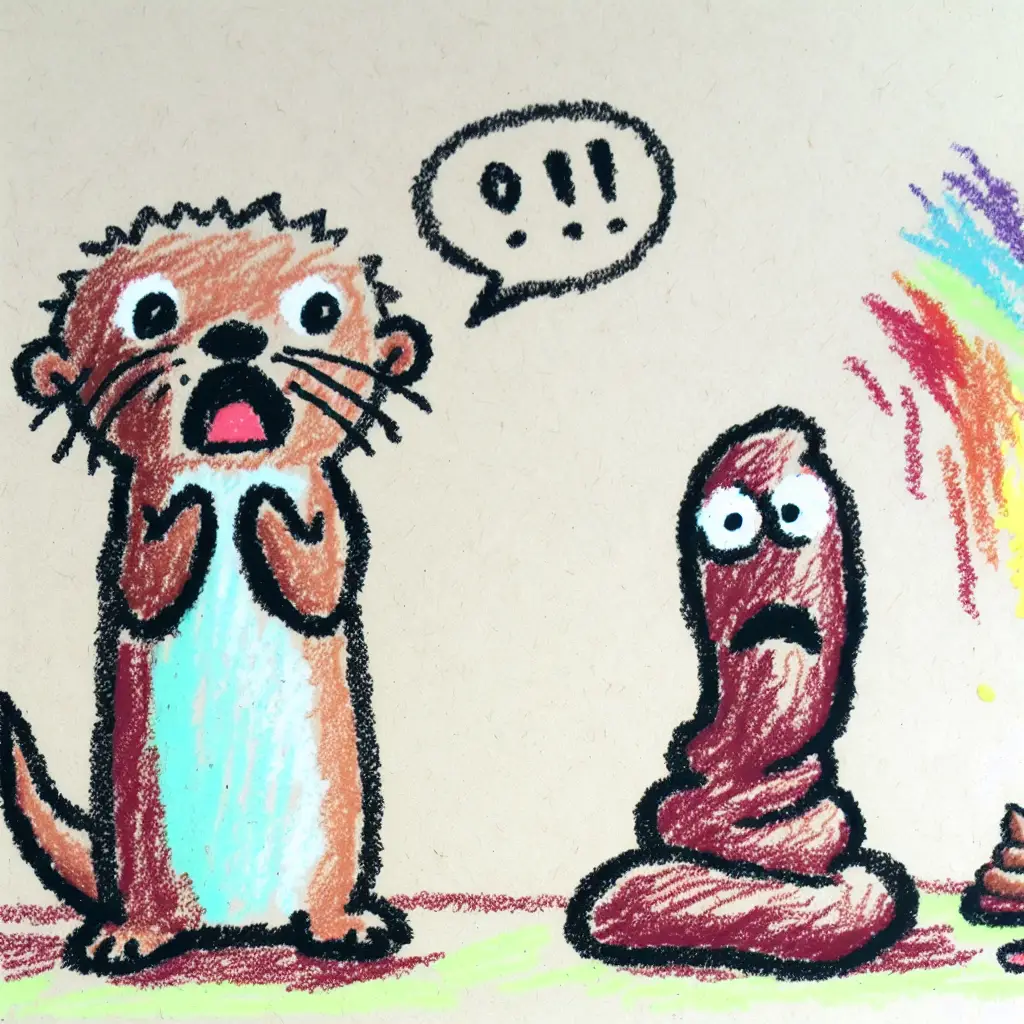‘Weird Looking’ Otter Poo Reveals an Unexpected Role in Parasite Control

Explain Like I'm 5
Imagine you find a treasure map, but instead of leading you to gold, it shows you where the cookie jar is hidden. Now, replace the treasure map with otter poo, and the cookie jar with secret information about how these otters help keep rivers healthy. Scientists found some really weird-looking otter poo and discovered that it tells us a lot about what the otters are doing to fight off bad tiny creatures (parasites) in the water. So, this otter poo is helping us learn how these cute animals are like little superheroes for rivers, keeping them clean and safe for other animals and plants!
Explain Like I'm 10
So, there are these river otters living along the East Coast, and they're pretty secretive creatures. Scientists don't know a ton about them, but they really want to because otters play a big role in the health of their environments. One day, researchers found a really strange and smelly otter poo. This wasn't just any poo; it was like a clue in a detective story. By studying this poo, they learned that otters are surprisingly good at controlling parasites in the water where they live.
Parasites are like tiny bugs that can make animals and sometimes plants sick. The otters help manage these parasites, probably by eating certain things that either get rid of the parasites directly or disrupt their life cycle. This is super important because healthy rivers mean healthier ecosystems, where plants, fish, and other animals can thrive. So, this discovery from a piece of weird-looking poo is helping scientists understand how otters contribute to keeping rivers clean and healthy.
Explain Like I'm 15
River otters along the East Coast are somewhat of an enigma to scientists. These creatures are crucial to their ecosystems but are poorly understood due to their elusive nature. A peculiar find—a notably odd and foul-smelling piece of otter feces—has opened a new window into understanding these animals. This poo has revealed that otters play a significant role in controlling parasite populations in their aquatic habitats.
Parasites, which can be detrimental to wildlife and plant health, often depend on specific conditions and hosts to survive and reproduce. Otters influence these conditions by their feeding habits and possibly by interrupting these parasites' life cycles, though the exact mechanisms are still under study. This control is vital for maintaining the balance and health of aquatic ecosystems, ensuring that they remain vibrant and supportive of diverse life forms.
The broader implications of this study suggest that otters, by managing parasite levels, help sustain the biodiversity and functionality of river ecosystems. This kind of ecological role is crucial for the overall health of the environment, affecting everything from water quality to the health of fish populations and other wildlife. As researchers continue to decode the secrets held in otter poo, they might find more insights into the ecological dynamics of rivers and how these charismatic creatures are key players in maintaining ecological balance. This could lead to better conservation strategies that not only aim to protect otters but also the intricate web of life that thrives in these aquatic systems.
Want to read the original story?
View Original Source